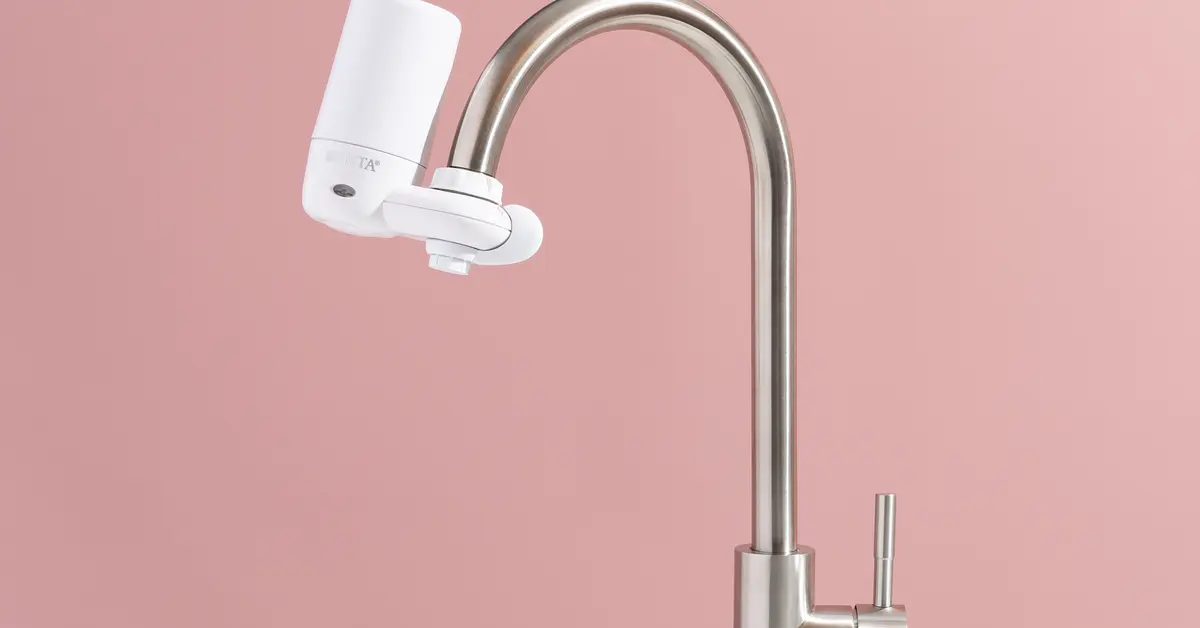How Unfiltered Water Affects Skin & Hair
Ever notice your skin feeling tight or itchy after a shower? That’s unfiltered water at work. Tap water often contains chlorine, heavy metals, and minerals that strip away your skin’s natural oils, leaving it dry and irritated. Your hair suffers too – chlorine bonds with proteins in your hair, making it brittle and dull. A quality bath filter can be a game-changer, restoring your skin’s moisture balance and bringing back your hair’s natural shine.
Health Risks of Chlorine and Heavy Metals
Beyond cosmetic concerns, there are real health risks. Chlorine can form harmful byproducts when it reacts with organic matter, and long-term exposure to heavy metals like lead or mercury can lead to serious health issues. A good bath filter reduces these risks significantly, making your daily shower safer for your whole family.
How Do Bath Filters Work?
Activated Carbon vs. KDF vs. Vitamin C Filters
- Activated Carbon: The most common type, great for removing chlorine and improving taste/smell
- KDF: Uses copper-zinc alloy to remove heavy metals and inhibit bacteria growth
- Vitamin C: The gentlest option, perfect for sensitive skin as it neutralizes chlorine without removing beneficial minerals
Multi-Stage Filtration Explained
The most effective filters combine multiple technologies. For example, a filter might use:
- Sediment filtration to remove large particles
- KDF for heavy metals
- Activated carbon for chlorine
- Vitamin C for final polishing
Key Features to Look for in the Best Bath Filters
Filtration Efficiency & Contaminant Removal
Look for filters that specifically target your water concerns. If you have well water, you’ll need different filtration than someone with city water. Check for NSF certifications to verify performance claims.
Water Pressure and Flow Rate Considerations
Nobody wants a weak shower stream. Good filters maintain at least 2.0 GPM (gallons per minute) flow rate. Some premium models actually improve water pressure while filtering.
Filter Longevity and Replacement Costs
Cartridge life varies from 3-12 months. Calculate long-term costs – a $30 filter that lasts 6 months is better than a $20 filter needing replacement every 2 months.
Top 7 Best Bath Filters in 2024
AquaBliss High Output Revitalizing Shower Filter
With its 12-stage filtration system, this is our top pick for most households. It handles chlorine, heavy metals, and even sulfur odors effectively. Users report noticeable improvements in skin and hair within weeks.
Culligan WSH-C125 Wall-Mounted Filtered Shower Head
The best budget option that doesn’t compromise on quality. Its simple design makes installation a breeze, and the filtration is surprisingly effective for the price.
Sprite HO2-WH-M Universal Shower Filter
The champion at removing chloramines (a more stable form of chlorine that’s harder to filter). Also reduces scale buildup that can clog showerheads.
Berkey Shower Filter
The gold standard for sensitive skin. Its vitamin C filtration is gentle yet effective, making it ideal for eczema or psoriasis sufferers.
Jolie Filtered Showerhead
Luxury meets functionality. Beyond excellent filtration, it offers adjustable spray patterns and a sleek design that elevates any bathroom.
Pelican Premium Shower Filter
The solution for well water problems. Tackles iron, sulfur, and sediment that other filters can’t handle.
AquaHomeGroup Luxury Filtered Shower Head
Our favorite all-rounder. Excellent filtration plus water-saving features in one attractive package.
How to Install a Bath Filter (Step-by-Step Guide)
Tools You’ll Need
- Adjustable wrench
- Teflon tape
- Clean cloth
- Maybe pliers (for stubborn connections)
Common Installation Mistakes to Avoid
- Forgetting to turn off water supply first
- Over-tightening connections (hand-tight plus 1/4 turn is enough)
- Not flushing the system before first use
- Installing upside down (check manufacturer instructions)
Frequently Asked Questions
Do Bath Filters Soften Water?
While they remove some hardness-causing minerals, they’re not true water softeners. For very hard water, consider pairing with a softener.
Can a Filter Help with Hair Loss?
Absolutely! By removing chlorine and heavy metals that damage hair follicles, many users report reduced hair fall and improved growth.
How Often Should I Replace My Filter?
Most last 6-12 months, but check your water quality and usage. Some filters have indicator lights when replacement is due.
Conclusion
Final Tips for Choosing the Right Filter
- Test your water to identify specific contaminants
- Consider your household’s needs (sensitive skin? well water?)
- Balance upfront cost with long-term maintenance
- Read verified customer reviews
- Don’t forget about aesthetics if that matters to you
Investing in one of the best bath filters is investing in your health and daily comfort. The difference in how you feel after showering can be remarkable.









